‘Trans’: The Overlooked Prescience Of Neil Young’s ‘Electro’ Album
With ‘Trans’, Neil Young shocked fans and critics alike with a leftfield classic about how humanity was going to make sense of the computer age.
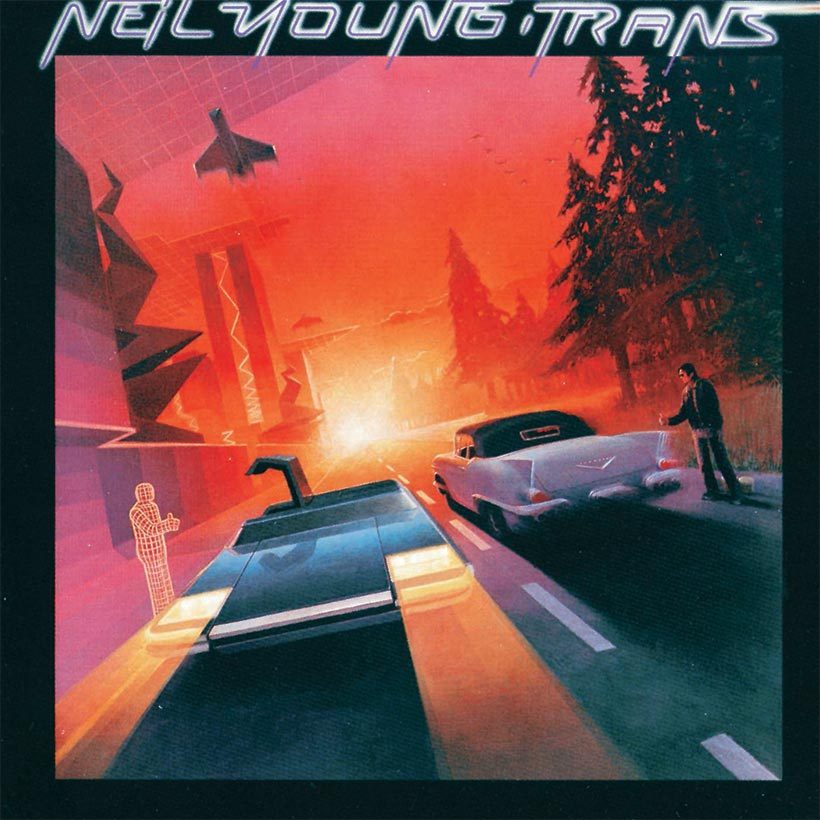
Of all the brilliantly perverse moves Neil Young has made in his career, the 1982 release of Trans just may be the most brilliant. Not that the folks at Geffen, his label at the time, necessarily felt that way. They’d just signed him as one of their flagship artists, at a time when Young’s commercial and critical credibility was at an all-time high. No doubt they were expecting another Crazy Horse barnstormer, or a return to the sleek country-rock of the Harvest era. What they got was a plunge into uncharted territory.
A profound backstory
Released on December 29, 1982, Trans is often considered to be Neil Young’s synth-pop album, but that’s not really the case. There are, in fact, few keyboards on it, and if you want a guitar band, it’s got a great one. All of Crazy Horse make appearances, including longtime utility man Ben Keith and sometime member Nils Lofgren, plus percussionist Joe Lala (from Stephen Stills’ Manassas and the Stills-Young Band) and, for the only time on a Young solo album, ex-Buffalo Springfield bassist Bruce Palmer (Trans even features an 80 update of Buffalo Springfield’s 1967 single “Mr Soul”).
What it didn’t have, for the most part, was the recognizable voice of Neil Young. With three exceptions, all the vocals were sung through a vocoder, which twisted his voice into robotic form. This was perfectly fitting for a concept album about how humanity was going to make sense of the computer age, but it immediately threw fans out of their comfort zone, and largely doomed the album’s chances at radio.
Because Young wasn’t doing interviews at the time, he never explained the album’s backstory until many years later, but if he had, many more fans would have probably taken it to heart at the time. They didn’t know that Young’s son Ben was stricken with cerebral palsy and unable to speak, and that Young was using new digital devices to communicate with him. The songs he was writing evinced the frustrations of this process, as well as the actual sounds the machines were making.
Ben and his parents couldn’t always understand the words, so neither could listeners. At first Young didn’t even intend to release the songs. His initial submission to Geffen was a much more commercial album, Island In The Sun, which had a breezy tropical feel. Geffen turned this down, however, so Young went back to the Crazy Horse recordings, upped the electronic element, and turned the result in as Trans.
Digital-era dread
Three songs from Island In The Sun were retained on Trans; two of them opened a side each of the original vinyl, and are so sunny and jovial that you have to wonder what they’re even doing there (there would have been an additional Island song, “If You Got Love,” but Young yanked it at the very last minute – hence its appearance on Trans’ original cover and lyric sheet). The album’s opener, “Little Thing Called Love,” marked one of the only times that Young ever delivered a tailor-made hit single. Sure, it’s out of character, with the boozy ambiance and slide guitar, but it’s still got the requisite edge. He notes that “only love brings you the blues”, as if you’re supposed to want them, and it’s so catchy that radio missed out by snubbing it.
From there it’s an immediate rude awakening as “Computer Age” begins the album proper. That song and “We R In Control” both speak of digital-era dread, with ominous crashing chords and taunting inhuman voices. “Control” is probably the clearest homage Young ever made to Devo, who he’d befriended and admired at the time. There’s plenty of humor here, too: “Computer Cowboy” tells of a digital rounder with a perfect herd, but, of course, he still yodels. “Sample And Hold,” which charges out like the best Crazy Horse rockers, imagines that robots will have to hit the dating scene like the rest of us: “I need a unit to sample and hold/But not the angry one, a new design.”
An aching human quality
Don’t dare suggest that Trans lacks humanity, because “Transformer Man” ranks as one of the most emotionally open songs of Young’s catalog. Lyrically it sends love and encouragement to Ben, who is the “transformer man” reaching out to the world: “Transformer man/Unlock the secrets/Let us throw off the chains that/Hold you down.” Bits of Young’s natural voice peek through the mix here, but even the vocodered lead has an aching and very human quality.
As it turned out, one of the Island In The Sun leftovers gave Trans a perfect send-off. On “Like An Inca,” Young gets his voice back, but delivers a vision of a world about to change drastically: “Said the condor to the praying mantis/We’re gonna lose this place, like we lost Atlantis.” You might call this the middle part of a trilogy that began with “Cortez The Killer” and ended a few albums later with “Inca Queen” on Life. Musically, however, it’s a one-off for Young: its sound is breezy and foreboding at once. The song ran to just under ten minutes, but was truncated on the original vinyl release. Current CD and digital releases now feature it in its full glory.
What happened next is the stuff of Neil Young legend. Geffen demanded a “rock’n’roll” album. Young snubbed his nose at them with the retro-goofy Everybody’s Rockin,” and a decade-long battle was on. Young sometimes gets a bad rap for his attitude in that era, but history would have been different if Trans had been recognized for the leftfield classic that it was.


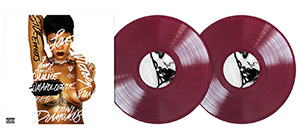
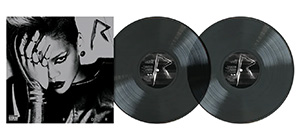
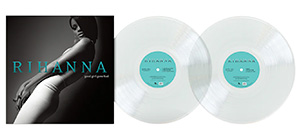



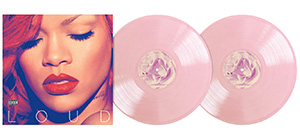


Charles K
December 29, 2019 at 9:50 pm
I would also consider examining Neil Young’s way-overlooked 80s album “Landing On Water.”